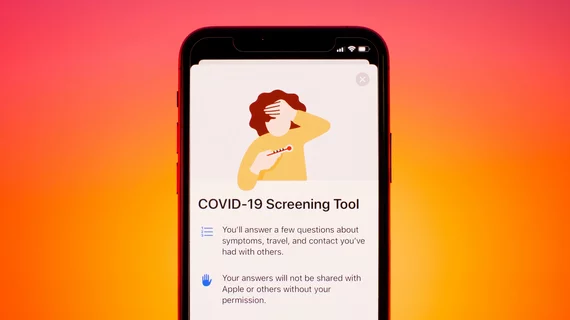FDA’s new digital-health ‘center of excellence’ shows the shape it will take
The FDA has an eye trained on healthcare AI as it establishes a major operation to help advance the state of the art across digital health.
As announced Tuesday, the agency’s new Digital Health Center of Excellence will do its part by assisting and connecting technology developers, sharing information with stakeholders and interested individuals, and innovating regulatory approaches.
Examples of AI-focused works already in progress include participation in a global technology-harmonization effort and a discussion paper on regulating healthcare AI software as a medical device.
FDA commissioner Stephen Hahn, MD, suggests a key objective for the center will be making sure the U.S. is leading rather than following the digital-health field.
“Today’s announcement marks the next stage in applying a comprehensive approach to digital health technology,” Hahn says in a news release.
The center, he adds, will push digital health to “realize its full potential to empower consumers to make better-informed decisions about their own health and provide new options for facilitating prevention, early diagnosis of life-threatening diseases and management of chronic conditions outside of traditional care settings.”
The center, which will operate within FDA’s Center for Devices and Radiological Health (CDRH), will have as its first head Bakul Patel, MBA. Patel has been with FDA since 2008, most recently serving as director of the Division of Digital Health.

